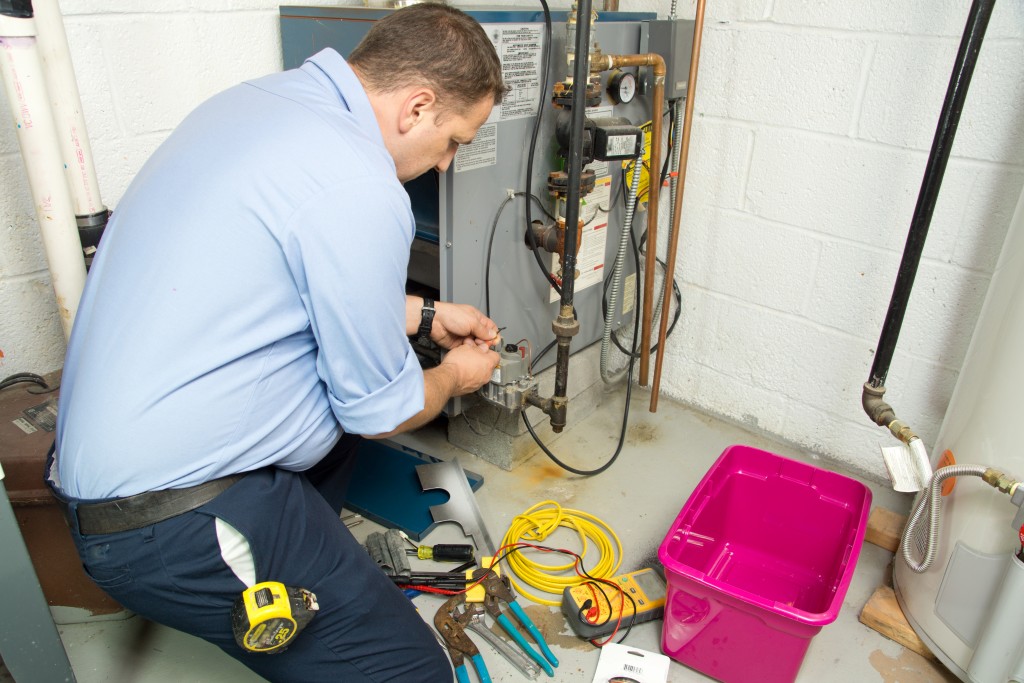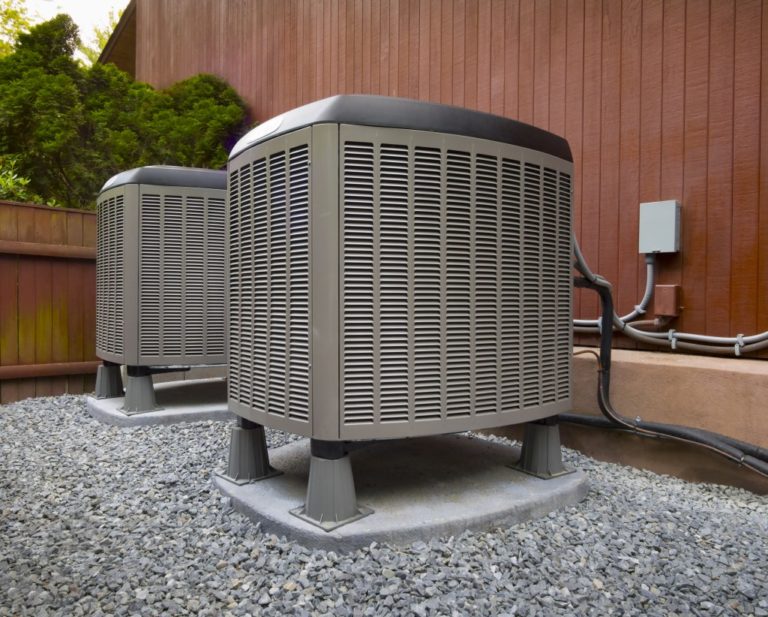With winter just around the corner, make sure that your home is ready for the cold. Your heating system will be working extra hard, so you need to support, pamper and customize your HVAC system to get the most out of it.
Ideally, you should’ve done the work at least a month before winter to make sure everything is ready as soon as it’s needed. Here are some preparation tips to prepare your heating system for the cold months.
Change the AC filter
The air conditioner has been working hard all summer. Now that your home is about to welcome winter, check if the filter needs to be changed. The dirt that gets sucked into your HVAC system is a common cause of HVAC system break downs, and even if it does not break down, a dirty filter also deteriorates the system’s efficiency. So, come winter, its heating system will be weaker.
Check your air filter every 30 days and wait no longer than 90 days to replace it. To spare yourself the trouble, store plenty of backup air filters. Make sure that you stock up on the right filter for your system.

Inspect the area around the furnace
Whether your furnace is located in the closet, attic, or garage, you should conduct a visual inspection before and occasionally during the heating season. If your furnace is located in the attic and/or is hard to access, a professional should conduct the inspection.
Remove any object around your furnace and leave a minimum clearance of 3 ft. around the entire unit. Remove anything draped over the furnace. Even rugs lying around it should be removed, as well. Furnaces need to breathe. If its surroundings are cluttered, the airflow is reduced, and the furnace won’t be able to operate properly and will be more likely to break down.
While it’s still mild outside, turn your furnace on at least three times. This is a warm-up to make sure that the furnace will work properly when you need it most. This is also a way to check for small animals, such as squirrels, that got stuck in flue and ventilation systems during the off-season.
Inspect, flush and insulate your water heater tank
When ground temperatures drop in winter, the water that enters your home gets colder, as well. Ironically, this is also the time of year when you would pump the most volume of hot water into your showers, tubs, and sinks, so your water heater also needs ample preparation.
Check for rust or corrosion around the water heater. These are signs of leaks, which require immediate attention and possible water heater repair.
It requires more energy to heat the water in winter, so to cut your bills while keeping hot water flowing, you need to insulate all hot water pipes in your home. Get some foil insulating blankets and cut it to fit around the pipes. Wrap the blanket around the tank walls and seal it using foil tape.
Sediment and mineral deposits accumulate at the bottom of the tank, which makes your water heater consume more energy and leads to early water heater failure. To get rid of them, the tank should be drained every year. If you have no experience in flushing a water heater tank, it’s best to let your plumber do it.
You need your heating system in winter more than any time of the year. However, you should not rush its preparation. Start preparing now, so your HVAC system can be fully warmed up and ready to heat up your home come winter.




